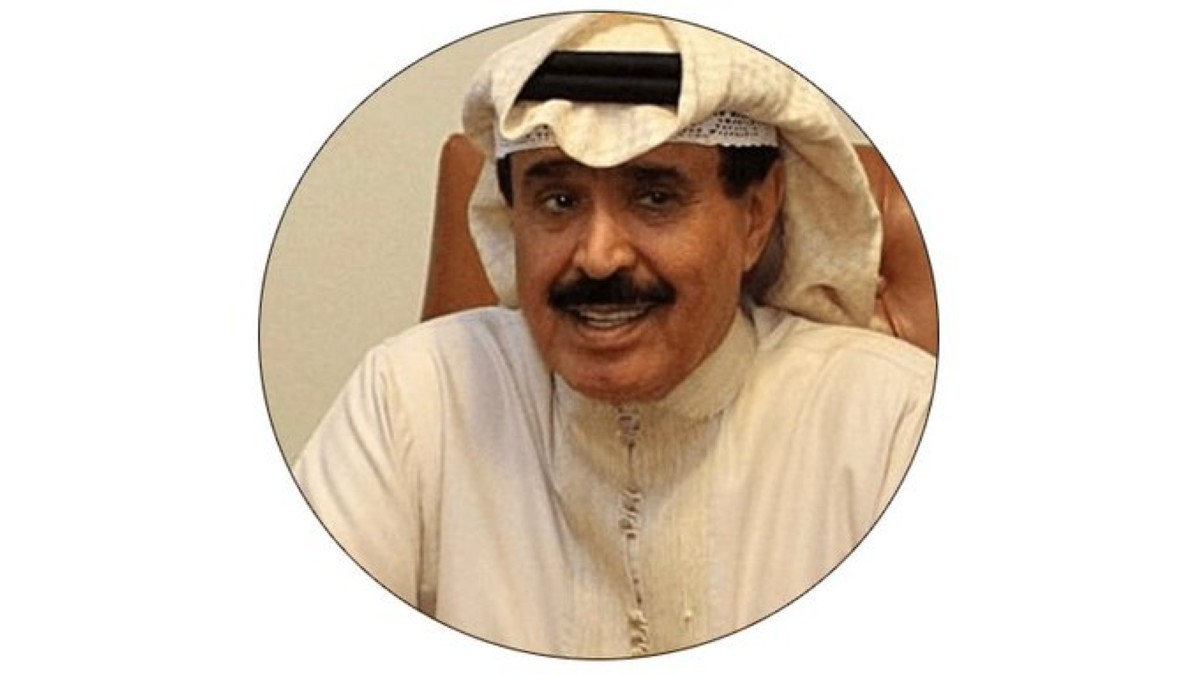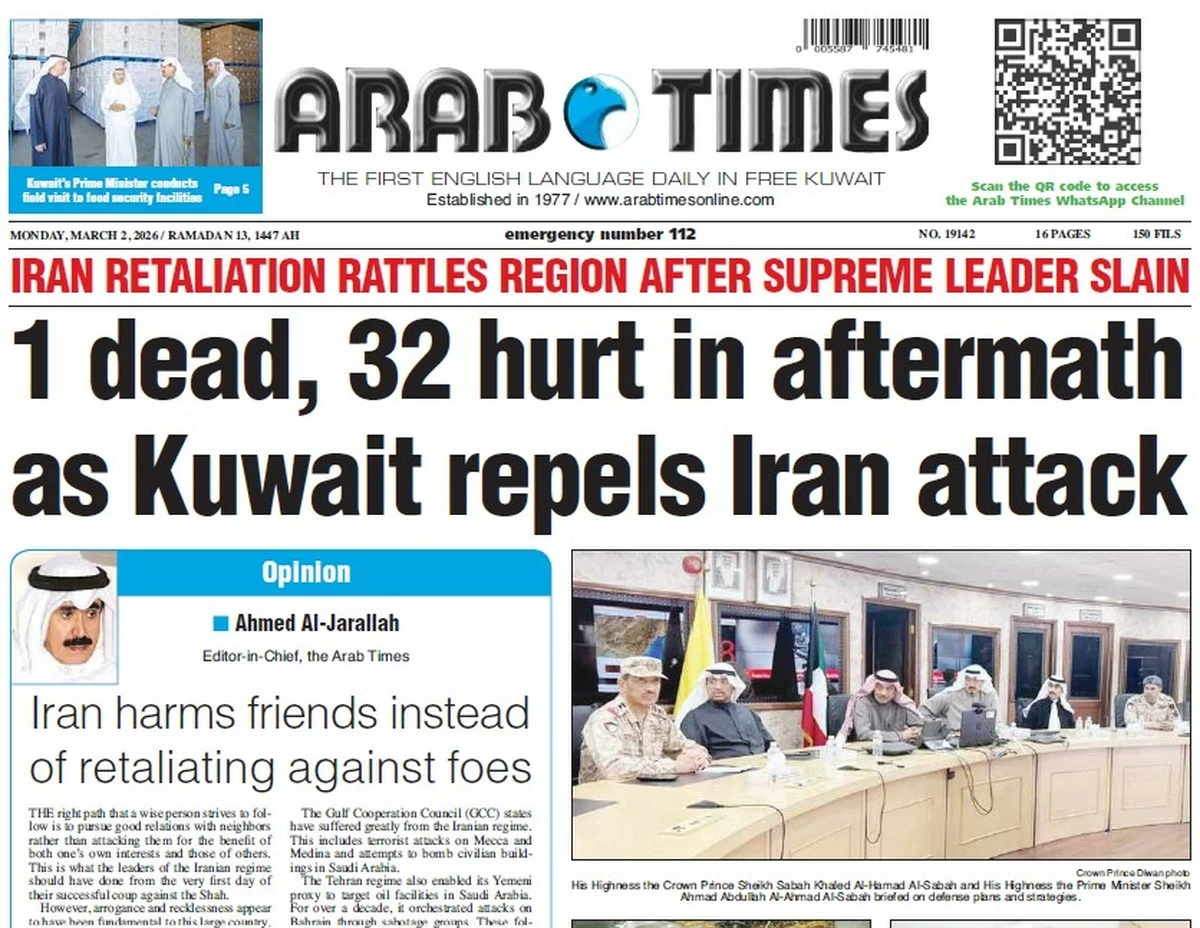10/08/2025
10/08/2025
In his collection “If Lebanon could speak”, the late Lebanese poet Saeed Oqal captured the tragic legend of his country, which was plagued for centuries by the curse of civil war. Every few decades, some demon, whether internal or external, stirs the embers beneath the ashes. Therefore, all hopes rest on the belief that the recent war will be the final chapter in Lebanon’s long saga of suffering.
Today, Lebanon has a president who has shown steadfast commitment to a country scarred by hardship, especially since he hails from the south where no party has spared, whether Israeli, Palestinian, or Iranian. Each has sought to turn this region into its own republic. Since 2000, Hezbollah has finally achieved this goal, and it repeatedly boasted of its allegiance to Tehran, while disregarding both the sect it claims to represent and the other components of this small Arab country. When Hassan Nasrallah declared a divine victory, he understood that southern Lebanon was no longer a security concern for Israel.
In fact, discussions about withdrawal had already begun in 1999. Despite this, Hezbollah sought to capitalize on the Israeli army’s withdrawal to consolidate its control over the country’s decision-making. The party entered the government for the first time and employed moral terrorism against ministers and the presidency.
Since then, and even before the election of President Joseph Aoun, the party has been engaged in the systematic sabotage of the country. In 2006, Nasrallah ordered the kidnapping of two Israeli soldiers from within occupied Palestine, a flagrant violation of the armistice agreement. At a time when all parties were engaged in dialogue about disarmament, Nasrallah chose instead to ignite a war.
Afterward, he admitted, “If I had known this war would cost this much, I would not have entered it!” Since 1982, when Iran established this party in accordance with its constitution’s mandate to “export the revolution,” Lebanon has not known peace. Hezbollah has consistently been a source of unrest, either clashing with other Lebanese factions or provoking Israel.
The victims have most often been members of the Shiite sect or residents of the south, from all communities. The party entered the most recent war at Tehran’s behest, without regard for the severe consequences for both the people and the state, especially in the midst of a financial and economic crisis unseen globally since the mid-nineteenth century.
This clearly demonstrates that the party is executing Iranian directives, in effect, acting as a mercenary rather than a defender of national sovereignty. How much did the last war cost? Eight thousand people were killed, dozens of villages were destroyed, and the cost of living soared, reaching USD 14 billion. Meanwhile, Israel continues to invade Lebanon daily.
Unemployment has also skyrocketed, meaning it will take approximately 25 years for the country to recover to its state five years ago, let alone to regain the status of the “Switzerland of the East” it held in the 1970s. Therefore, the question that must be asked is - What benefit did Lebanon gain from this war? Did Iran defend its “party,” or did it simply say, “Go, you and your Lord, and fight.
We will sit here and wait”? So, when the entire world supports the Lebanese government’s efforts to disarm all militias in Lebanon, including Hezbollah, it means the decision rests with the state, not with sectarian factions, parties, or organizations, and that fears of civil war are nothing more than soap bubbles.
The international and Arab consensus is clear - Lebanon must be freed from this burden. Fortunately, a courageous team has emerged, led by the president and prime minister, to work on saving their country with minimal losses, because Lebanon can no longer bear this strain, or as they say in Lebanese slang, “It no longer needs it.”



